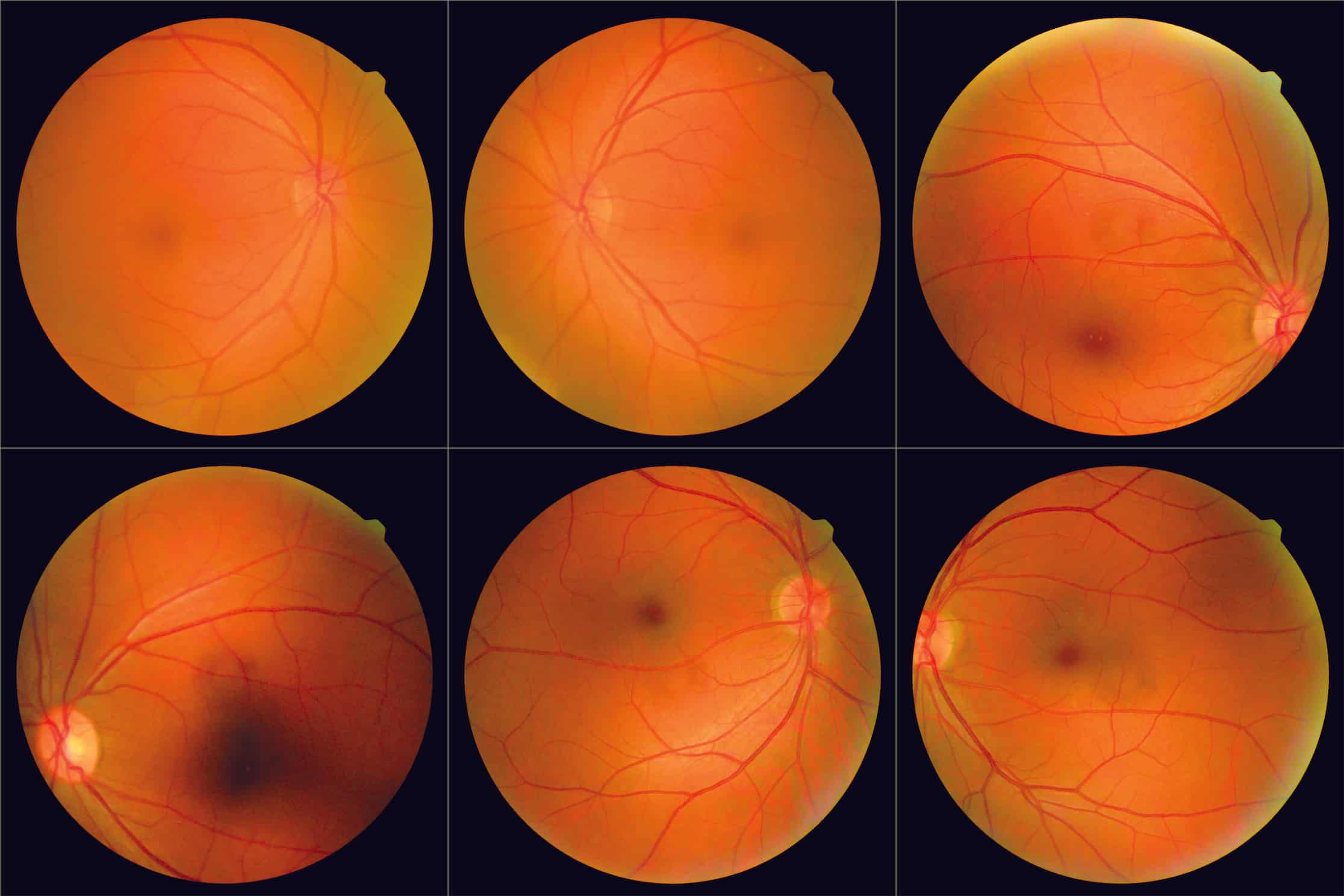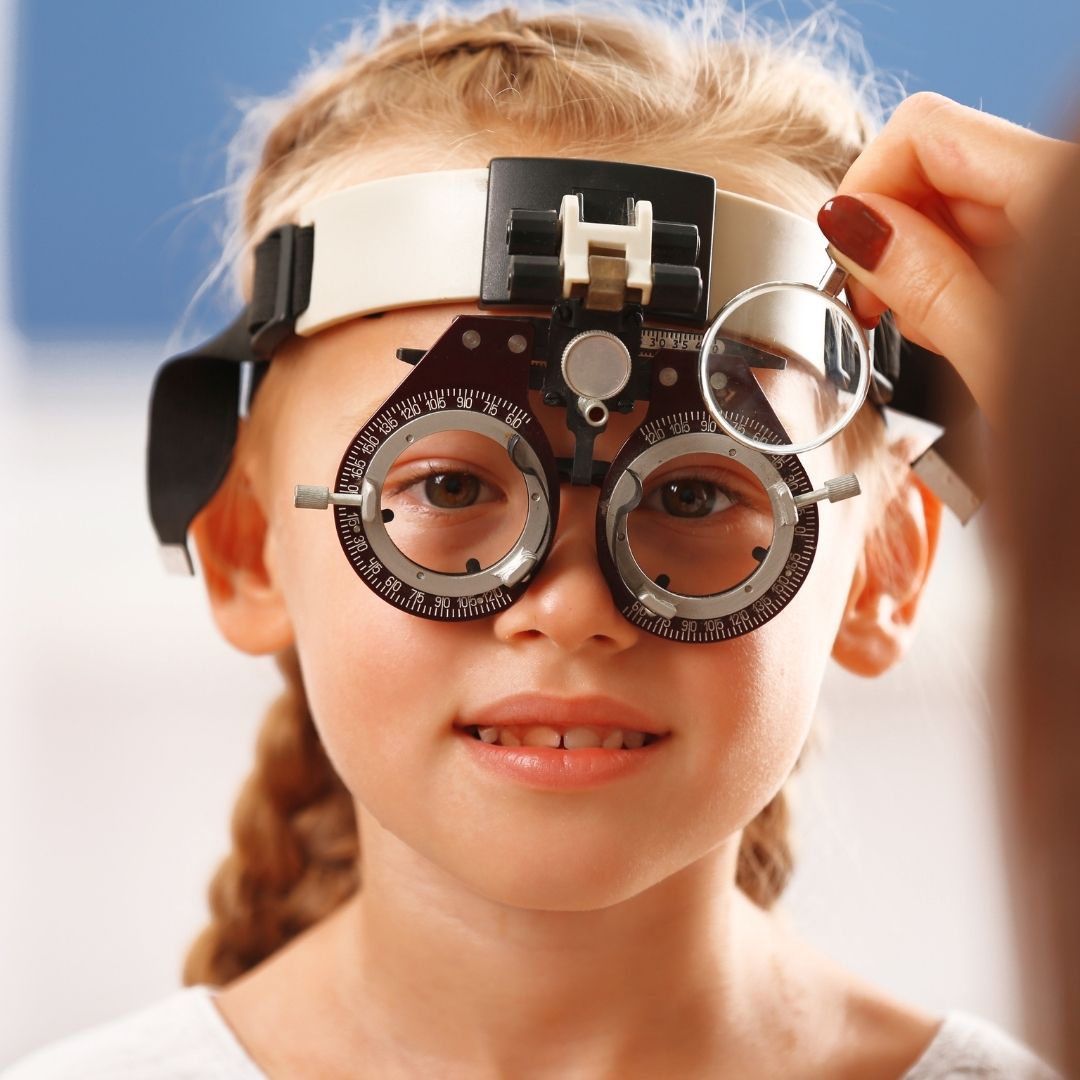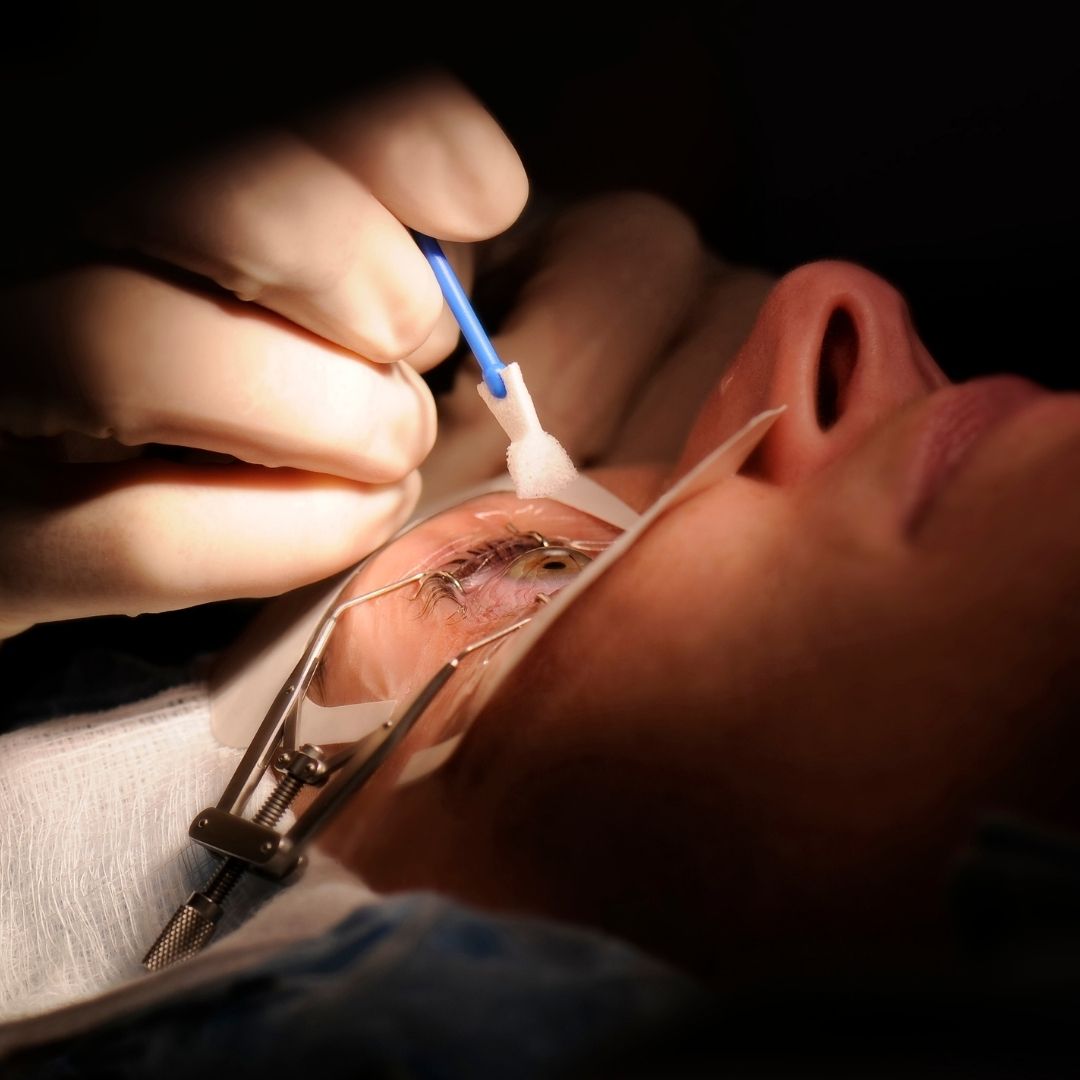
Retina Detachment: the Best for Your Needs
Retina detachment is a serious condition that can lead to permanent vision loss if not treated promptly and effectively. While the decision to seek treatment is an important one, equally important is choosing the right provider for your needs. Here are some tips on how to find the best provider for retina detachment treatment.
Research providers in your area – Start by researching retina detachment treatment providers in your area. Look for providers who have experience in treating retina detachment and who are board-certified ophthalmologists. You can find providers through online searches, referrals from your primary care physician, or recommendations from friends and family.
Check credentials and experience – Before making an appointment, check the provider’s credentials and experience. Look for providers who have completed advanced training in retina detachment treatment and who have a proven track record of successful outcomes. You can usually find this information on the provider’s website or by contacting their office.
Read patient reviews – Patient reviews can provide valuable insight into the quality of care provided by a particular provider. Look for providers who have positive patient reviews and who are known for providing personalized and compassionate care.
Ask about treatment options – When you meet with a potential provider, ask about the treatment options available for retinal detachment. A good provider should be able to explain the various treatment options in detail, including the risks and benefits of each. They should also be willing to answer any questions you may have and help you make an informed decision about your treatment.
Consider communication and bedside manner – Finally, consider the provider’s communication and bedside manner. A good provider should take the time to listen to your concerns, explain things in a way that you can understand, and provide support throughout your treatment journey.
In conclusion, choosing the right provider for retina detachment treatment is an important decision that can have a significant impact on your vision and quality of life. By doing your research, checking credentials and experience, reading patient reviews, asking about treatment options, and considering communication and bedside manner, you can find the best provider for your needs and achieve the best possible outcome from your treatment.
Which Treatment Is Best for Retinal Detachment?
The best treatment for retinal detachment depends on the specific case and the severity of the detachment. In many cases, surgery is necessary to reattach the retina and prevent vision loss. There are several surgical options available, including scleral buckling, pneumatic retinopexy, and vitrectomy. Scleral buckling involves the placement of a silicone band around the eye to support the retina, while pneumatic retinopexy involves injecting gas into the eye to push the retina back into place.
Vitrectomy involves removing the vitreous gel from the eye and replacing it with a gas bubble to hold the retina in place. Each of these procedures has its own risks and benefits, and the choice of treatment will depend on factors such as the location and severity of the detachment, the patient’s age and overall health, and the experience and expertise of the treating physician. It is important to discuss all treatment options with a qualified ophthalmologist to determine the best course of action for each individual case.

What Is the Modern Treatment of Retinal Detachment?
The modern treatment of retinal detachment involves several surgical techniques and advanced technologies that have improved the success rates of treatment and reduced recovery times. One such technique is vitrectomy, which involves the removal of the vitreous gel from the eye and replacing it with a gas or silicone oil bubble to hold the retina in place. This technique is often used in combination with laser photocoagulation or cryopexy to seal any tears or holes in the retina. Another modern treatment option is pneumatic retinopexy, which involves injecting gas into the eye to push the retina back into place. This technique can be effective for small, uncomplicated detachments.
Finally, advances in imaging technology, such as optical coherence tomography (OCT), have allowed for more precise diagnosis and monitoring of retinal detachment, leading to better treatment outcomes. With these modern treatment options, ophthalmologists can provide effective and individualized treatment plans for patients with retinal detachment.
The Study of Retina Detachment
A recent study published in the Journal of Ophthalmology compared the outcomes of different surgical techniques for retinal detachment treatment. The study analyzed a large sample of patients who underwent scleral buckling, pneumatic retinopexy, or vitrectomy. The results demonstrated that vitrectomy had the highest success rate in reattaching the retina, particularly for cases with more complex and severe detachments. This study provides valuable insights for ophthalmologists and patients in choosing the most effective treatment method based on the specific characteristics of the retinal detachment.
What Consultation Is Needed for Retinal Detachment?
If you suspect that you have retinal detachment or have been diagnosed with this condition, it is important to seek a consultation with a qualified ophthalmologist as soon as possible. During the consultation, the ophthalmologist will perform a comprehensive eye exam to assess the severity and location of the detachment. This may include visual acuity tests, eye pressure tests, and a dilated eye exam to examine the retina and vitreous.
The ophthalmologist may also use imaging tests such as optical coherence tomography (OCT) or ultrasound to obtain more detailed images of the eye. Based on the results of the exam and imaging tests, the ophthalmologist can determine the best course of treatment for your specific case. They will discuss the various treatment options available and the risks and benefits of each, and will work with you to develop a personalized treatment plan. Regular follow-up consultations will be needed to monitor the progress of the treatment and ensure that the retina has fully healed.
Healthy Türkiye Notes
In the event that treatment is not sought, a retinal detachment is a serious condition that can result in irreversible vision loss. Nevertheless, many patients can successfully regain their vision and avoid further complications by utilizing the modern treatment options that are available today. It is imperative that you seek the advice of an experienced ophthalmologist if you have any reason to suspect that you may have retinal detachment or if you have been given a diagnosis of this condition.
During the consultation, the ophthalmologist will conduct a thorough eye exam as well as imaging tests in order to determine the course of treatment that will be most effective for your particular condition. Ophthalmologists are now able to provide patients who have retinal detachment with effective and individualized treatment plans thanks to the advancements that have been made in surgical techniques and imaging technology. You can increase your chances of preserving your vision and maintaining your quality of life by taking prompt action and seeking treatment from a qualified provider. This will allow you to maintain your quality of life.




